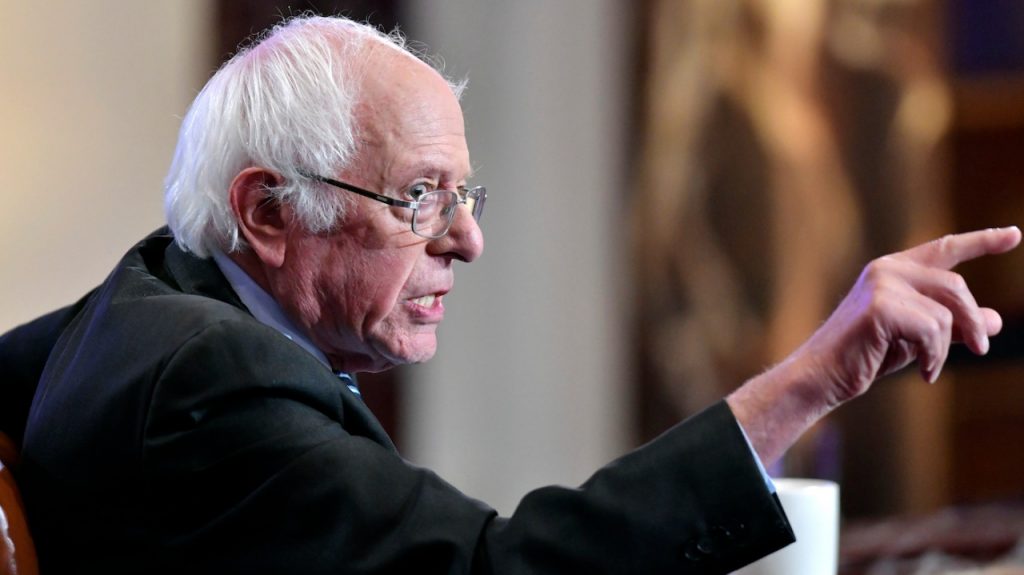
Sanders says Democrats’ prescription drug reform bill is ‘weak’
Senate Budget Committee Chairman Bernie Sanders (I-Vt.) said Tuesday that the prescription drug reform proposal that Democrats plan to move under special budget reconciliation rules is “weak,” noting it covers a limited number of drugs and doesn’t substantially take effect until 2026.
Sanders is the latest member of the Senate Democratic Conference to voice disappointment with the long-awaited budget reconciliation bill, which will not include provisions to tackle climate change or priorities such as funding for expanded access to child care and universal prekindergarten.
The package, however, does include a $2,000 out-of-pocket cap on prescription drug costs and would extend expiring health insurance premium subsidies under the Affordable Care Act by at least two years.
It would initially authorize Medicare to negotiate lower prices for 10 drugs and then extend that authority to cover 20 drugs.
Sanders says Medicare should have as much power as the Department of Veterans Affairs (VA) to negotiate lower drug prices across the board.
He said the pending prescription drug package is a “very weak proposal” that “goes nowhere near as far as it should.”
“The American people want Medicare to negotiate prescription drug prices like the VA does. The VA has been doing that for decades. The prices they pay are about half as much as Medicare. This thing will only apply to a certain number of drugs,” he said, noting that the legislation largely won’t go into effect until 2026 .
“It’s a weak proposal. Is it better than nothing? I suppose,” he said.
“We’re dealing with the power of PhRMA over the Congress. They don’t lose very often,” he added, referring to Pharmaceutical Research and Manufacturers of America, the drug industry’s trade association.
The prescription drug reform legislation passed by the House in November would give Medicare authority to negotiate prices for 10 drugs in 2025. The Senate version of the bill has yet to be made public.
Sanders said last week that he wants to expand the prescription drug reforms in the budget reconciliation bill before the package comes to the floor this summer.
Senate Majority Leader Charles Schumer (N.Y.) and other Democrats, however, say the prescription drug reform bill they hope to pass before Labor Day would represent a major accomplishment.
“Democrats are moving ahead with the provision to lower prescription drug prices,” Schumer announced last week. “We are excited about doing prescription drugs. This is something we have waited for for a very long time. It’s going to be a major, major accomplishment to help people bring down inflation.
He argued that, for the first time, drug companies would be forced to negotiate drug prices with Medicare and that “no one will pay more than $2,000 for drugs” per year.
“That’s going to send relief to lots of people who desperately need expensive drugs and can’t afford them,” he said.
He also pointed to a provision that would limit drug companies to raising prices at the rate of inflation.
“So once the company starts selling its drug … once they set that price, they can only raise the price at the inflation rate,” he said.